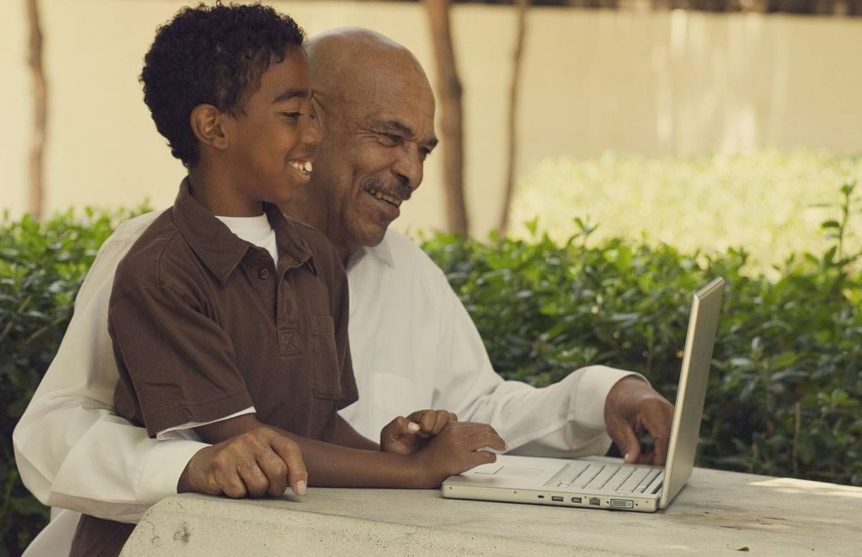By Raymond A. Jetson for Next Avenue
Just a few weeks ago, 24 African-American teenage boys from a local high school in my Baton Rouge, La. community were recommended for suspension. Their crime: participating in a “fight club.” They were not involved in street fights, nor was there any intent to harm anyone. They were simply donning boxing gloves and boxing in locker rooms and restrooms after school.
These young men are now being held accountable for decisions that were made without the benefit of wise counsel. Where were the African American men who could have served as role models, mentors and friends? Where were the caring adults who could have prevented this? Where was I?
Making an Impact on Lives of Young Men
I am a 63-year-old African American, college-educated man who grew up in the kind of neighborhoods these teenagers live in. I thought about them while flipping through the senior edition of my college fraternity quarterly — 21 pages, 24 photos of fraternity members over the age of 75, 504 men (I counted) who could have an impact on the lives of young men who need them.
I believe something profoundly different and immensely more powerful is possible — and needed.
From that moment, I’ve remained enthralled with the immense potential of meshing these two worlds.
African American men who are members of fraternities are already important contributors to the well-being of many communities across this country. Under the banner of their respective organizations, they are active in mentorship, mental health initiatives, voter registration projects, scholarship and a myriad of other meaningful undertakings.
What’s Possible and What’s Needed
But I believe something profoundly different and immensely more powerful is possible — and needed. Older African American men who are members of fraternities should be strategically engaged and deployed in comprehensive, community-based initiatives that connect them with inner-city youth and younger men.




